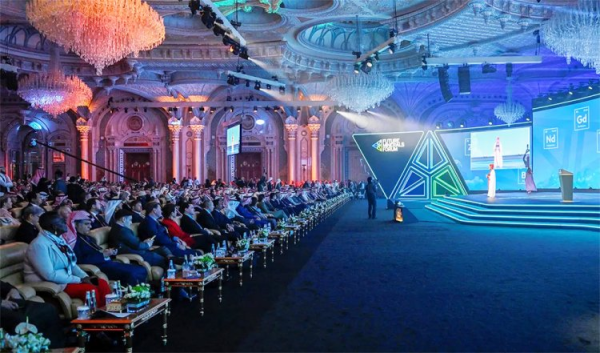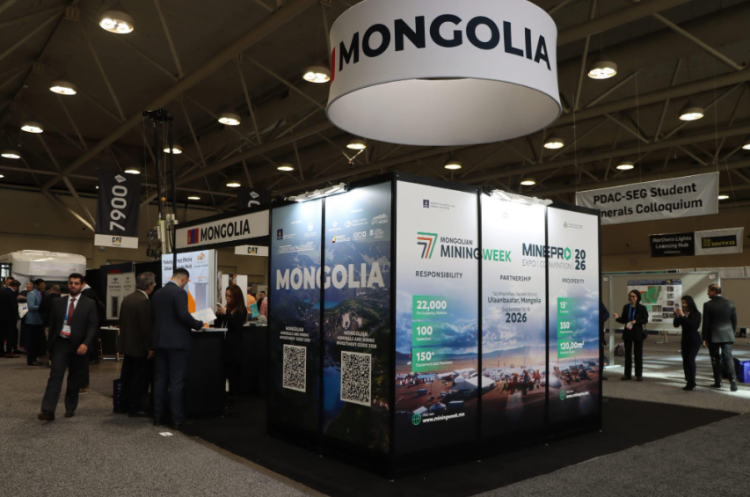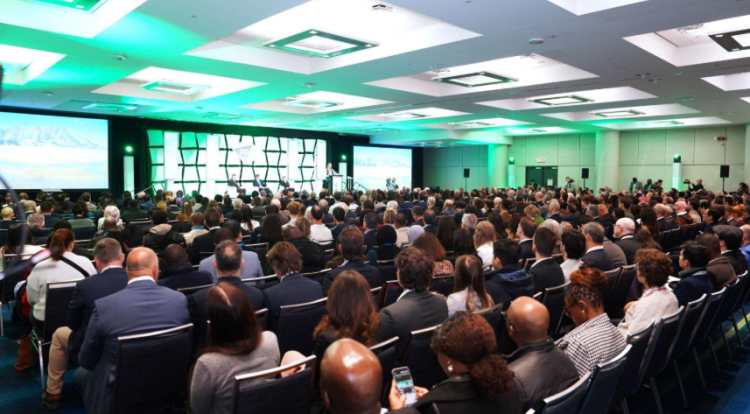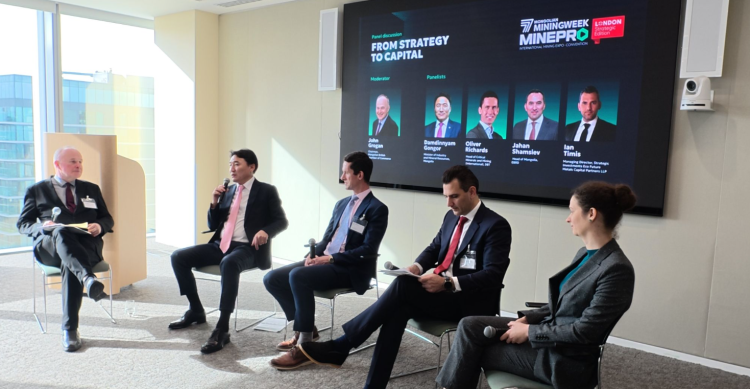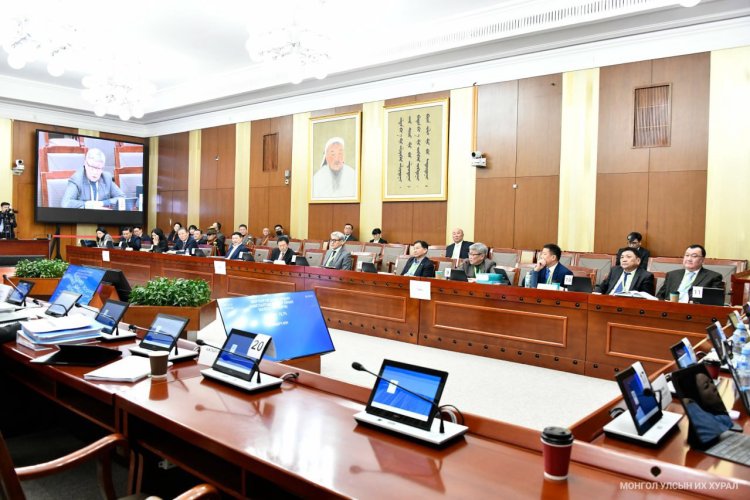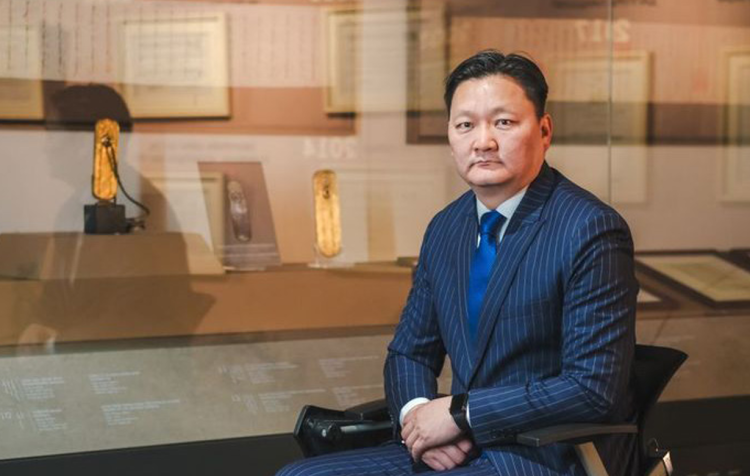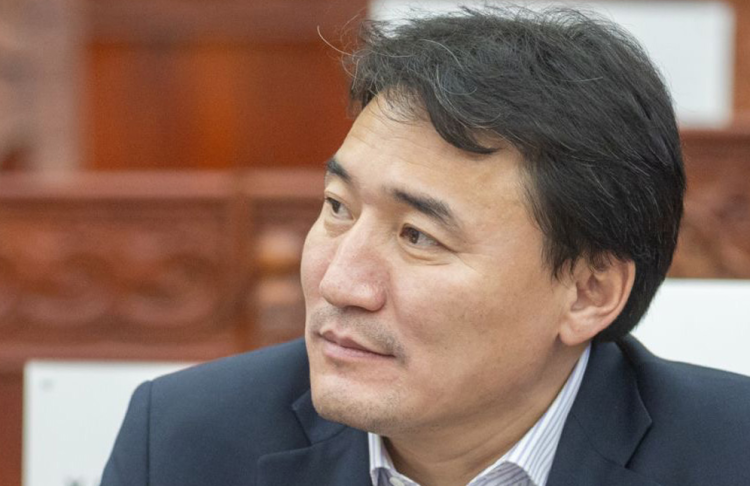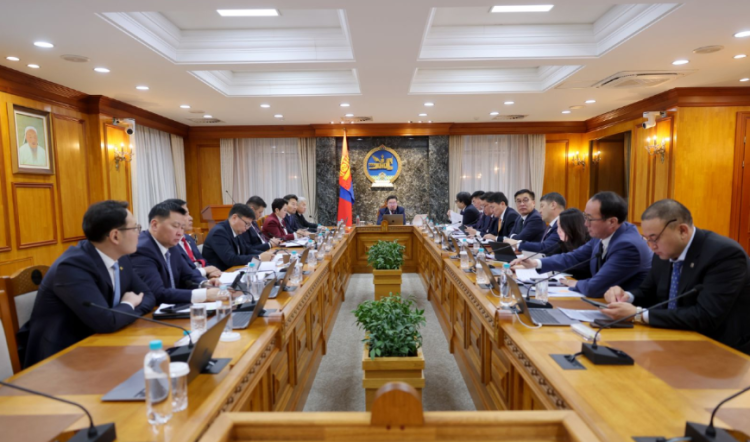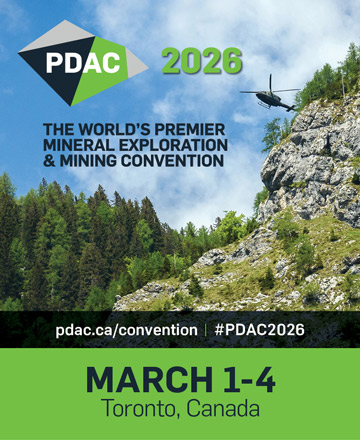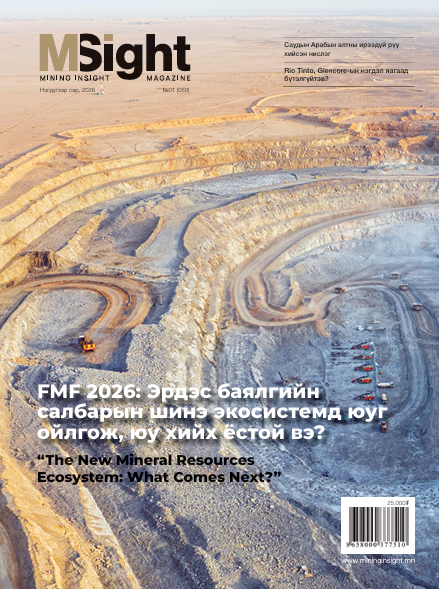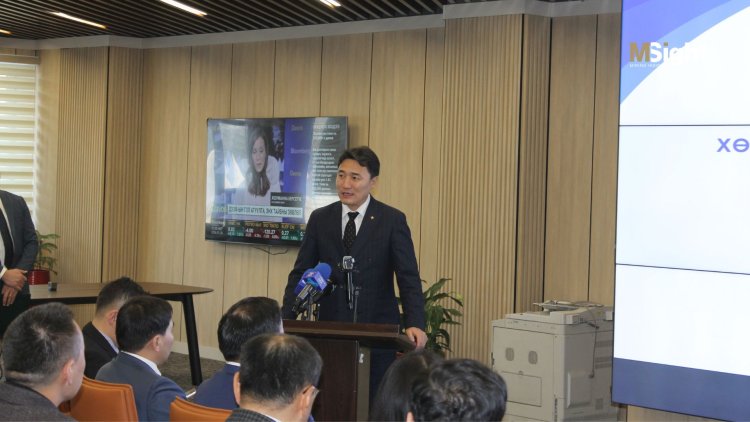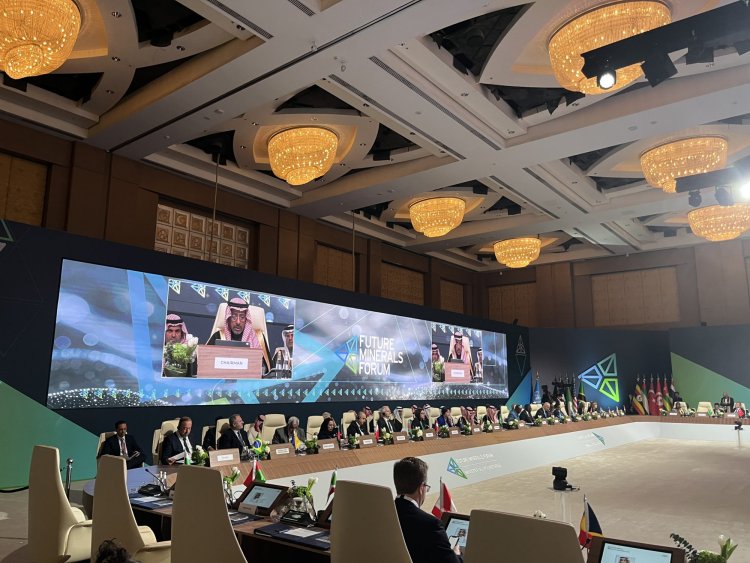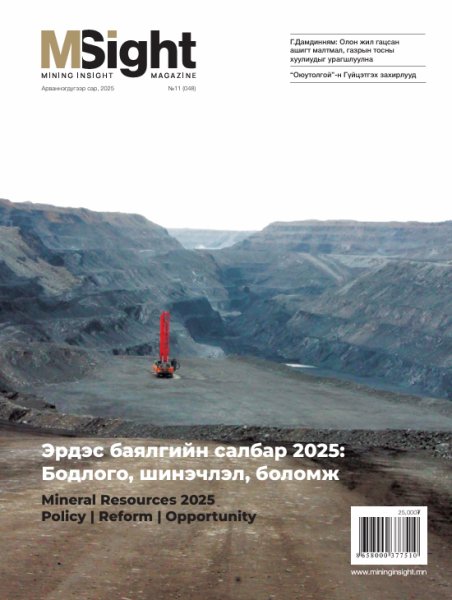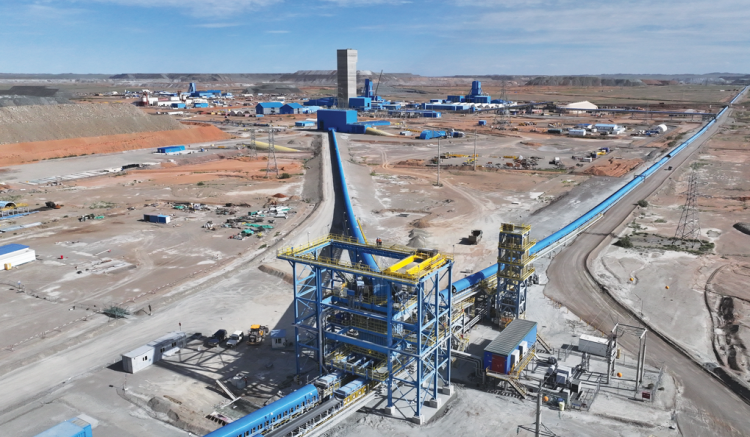On December 4, 2024, the Future Minerals Forum (FMF), the world’s leading platform for the mineral industry, unveiled its groundbreaking report “Shaping the Future of Minerals.” The report highlights the urgent need for $5.4 trillion in investments by 2035 to meet soaring global demand and to expand mining and processing capacities. Significantly, over 40% of these funds must be directed toward emerging markets, underscoring their pivotal role in the industry’s sustainable future.
As a hub for shaping the global minerals agenda, FMF brings together governments, international organizations, and industry leaders. With 14,000 participants from 178 countries, including 75 government representatives, the forum stands as a cornerstone for fostering collaboration and innovation in the minerals sector. The next Future Minerals Forum will take place from January 14–16, 2025, in Riyadh, Saudi Arabia. Mining Insight Magazine is proud to join as a media partner and will deliver comprehensive coverage of the event directly from Riyadh.
A TURNING POINT FOR THE MINING SECTOR
As the world races toward decarbonization and a clean energy future, mining and minerals have emerged as critical enablers of this transformation. Yet, despite their essential role, the mining industry suffers from an image problem—plagued by perceptions of environmental damage, resource exploitation, and insufficient community benefits. These challenges demand a new vision for the sector, one that renews trust and redefines its purpose.
 The Future Minerals Forum (FMF), the premier global platform for the mining sector, has taken on this challenge. The forum’s new report, “Shaping the Future of Minerals,” represents a groundbreaking effort to reshape the sector’s narrative. With contributions from thought leaders such as Mark Cutifani, Chairman of Vale Base Metals, and Dr. Michelle Foss of the Baker Institute, along with insights from CRU, Wood Mackenzie, and Clareo-DPI, the report offers a blueprint for a responsible and sustainable mining future. Its core message is clear: the world needs minerals, and minerals need trust.
The Future Minerals Forum (FMF), the premier global platform for the mining sector, has taken on this challenge. The forum’s new report, “Shaping the Future of Minerals,” represents a groundbreaking effort to reshape the sector’s narrative. With contributions from thought leaders such as Mark Cutifani, Chairman of Vale Base Metals, and Dr. Michelle Foss of the Baker Institute, along with insights from CRU, Wood Mackenzie, and Clareo-DPI, the report offers a blueprint for a responsible and sustainable mining future. Its core message is clear: the world needs minerals, and minerals need trust.
COLLABORATION OVER COMPETITION
In a rare show of unity, leaders across the mineral value chain—including competitors—have collaborated on this report. Their collective commitment underscores the urgency of overcoming sector-wide challenges. As Mark Cutifani noted, this effort places the importance of societal value over commercial gains, while Rob Wilt, CEO of Maa’den, emphasized the critical need for rethinking talent strategies to address the industry’s pressing challenges. This call for collaboration extends beyond the report itself. FMF 2025 will focus on actionable solutions derived from its findings, alongside three major initiatives: developing an International Critical Minerals Framework, building a network of Centers of Excellence to foster talent and innovation, and establishing regional standards for responsible mineral supply chains.
ADDRESSING THE TALENT SQUEEZE
One of the most pressing issues facing the sector is the growing talent gap. According to the report, 71% of mining leaders cite talent shortages as a barrier to achieving production targets, while 86% of executives find it harder to recruit and retain skilled professionals than they did two years ago. The decline in mining engineering enrollments is particularly alarming—down 63% in Australia since 2014 and 39% in the United States since 2016. Specialized roles in mine planning, process engineering, and digital technologies remain understaffed, threatening the industry’s ability to innovate and scale sustainably. As Rob Wilt put it, “The industry needs to rethink how it attracts and retains talent to solve its most pressing challenges.” Without a strategic response, these trends will continue to hinder progress toward a world where mining is better aligned with societal and environmental goals.
THE $5.4 TRILLION CHALLENGE
Meeting global demand for critical minerals requires massive investment—an estimated $5.4 trillion by 2035. This investment is essential not only to secure supply but also to ensure sustainability through advanced processing technologies and public-private partnerships. As the energy transition accelerates and population growth drives resource needs, the sector must step up to deliver responsibly. Collaboration is key. Ionut Lazar of CRU highlights that decarbonization goals are a global challenge requiring multi-stakeholder solutions. PwC echoes this sentiment, noting that modern transactions in the mining sector are less about scaling operations and more about acquiring the capabilities to collaborate across industrial ecosystems. Governments, too, play a pivotal role, as Peter Bryant of Clareo emphasizes, by creating environments that attract investment without being overly prescriptive.
A CATALYST FOR CHANGE
The Future Minerals Forum (FMF) is a catalyst for transformation in the mining industry, turning challenges into opportunities through actionable insights and leadership. The "Shaping the Future of Minerals" report serves as a living framework, driving meaningful progress and ensuring the forum’s discussions lead to real change. As FMF 2025 approaches, its findings call on the global mining community to adapt, collaborate, and build trust. For anyone invested in the future of minerals, the message is clear: join the movement and help shape a sustainable and prosperous path forward.



